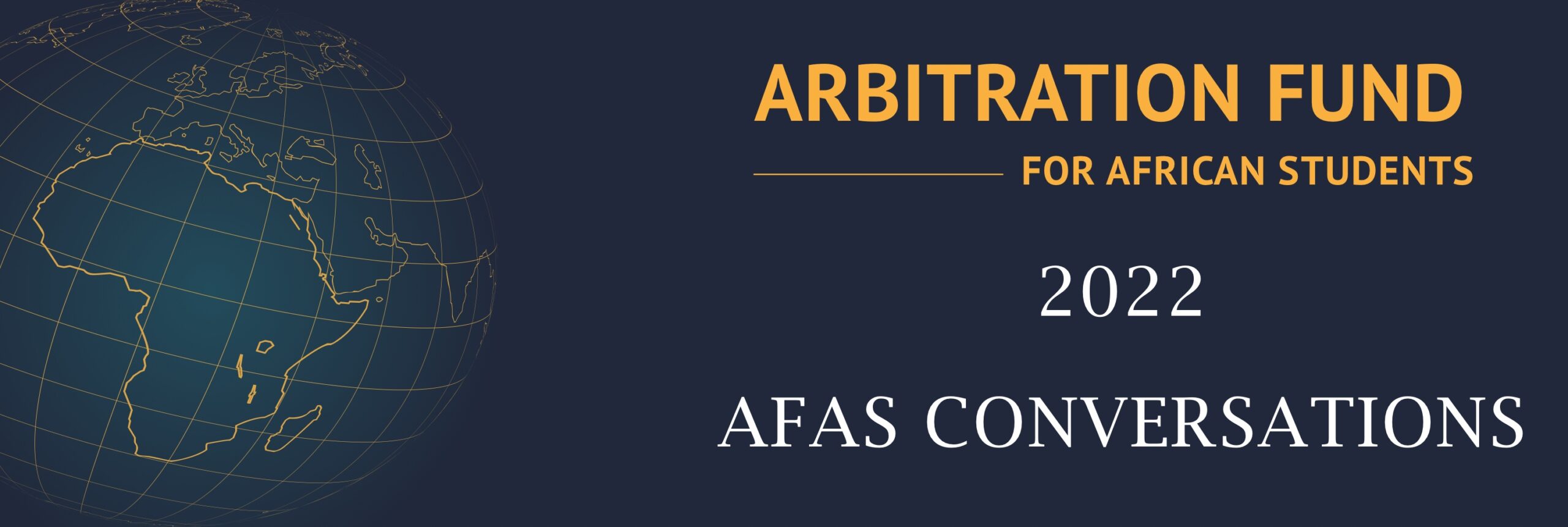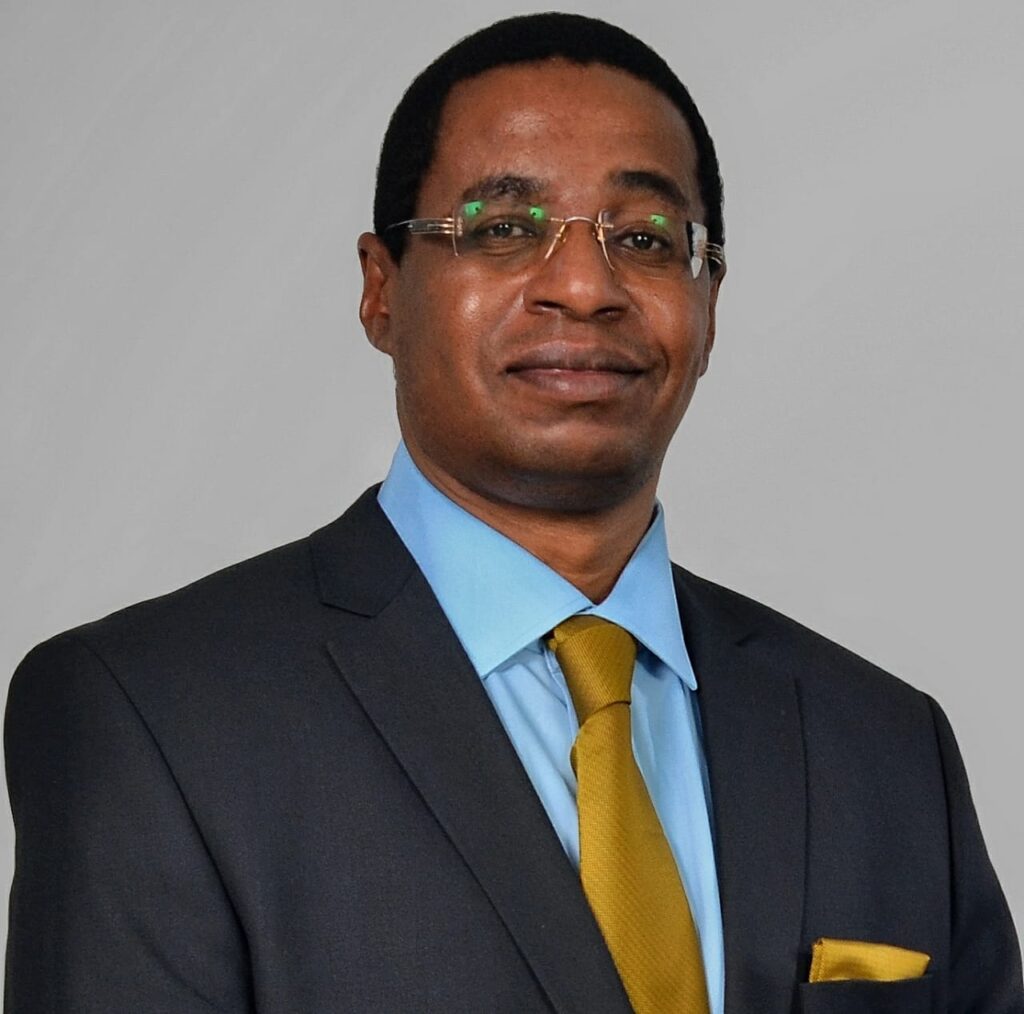
20 October: Dr Kariuki Muigua, Lawyer, Africa Trustee at CIArb
Dr. Kariuki Muigua, Ph.D., FCIArb, Chartered Arbitrator
muigua@kmco.co.ke
He is a law scholar, Mediator, Chartered Arbitrator and holds Ph.D in law, LLB and LLM from the University of Nairobi.
He is the (CIArb) Regional Trustee for Africa.
He became the first winner of the Inaugural CIArb (Kenya Branch) ADR Lifetime Achievement Award 2021.
He was also the winner of the ADR Practitioner of the Year Award 2021 given by the Nairobi LSK and the ADR Publisher of the Year 2021 awarded by CIArb Kenya.
He is an Advocate of the High Court of Kenya of over 31 years standing.
He practises at Kariuki Muigua & Co. Advocates.
He is rated by Chambers and Partners as one of the best dispute resolvers in the country.
He is a Senior Lecturer of law at the University of Nairobi and has published in the areas of ADR and Access to Justice, Environment and Natural Resources.
Summary of Conversation
On 20th October, we had an insightful conversation with Dr Kariuki Muigua. Apart from the short biography already presented, he told us more about his career journey into the law and arbitration. He mentioned the fact that he is a mentor to many young arbitration practitioners within the CIArb Kenya branch, where he was the chair from 2013 to about 2016. Also, he is very happy to now represent Africa in the CIArb board of trustees in the UK.
Concerning the role education plays in the upliftment of Africans, Dr Kariuki highlighted that education in Africa should be meaningful in order to uplift Africa. He pointed out that the first university was in Africa, the first civilisations Egypt, Sudan; all of it was Africa and that ADR and arbitration started in Africa during the Trans Saharan trade since it was the normal mode of resolving disputes. To him education instils confidence as Africa has a lot to offer and teach to the rest of the world. Africa needs formal education and institutions to be recognised and positioned globally in order to compete with the rest of the world. For Dr Kariuki, it is important to paint a good image of Africa.
On how young African lawyers can better be supported to break into international legal practice, Dr Kariuki mentioned the organisation of the AFAS conversations and other online discussions as an opportunity for young lawyers to interact with the experienced practitioners and gain success tips, facilitating their inclusion by tapping them along in conferences and fora. Moreover, institutions can put up funds to enable needy students to attend courses, link young lawyers with available opportunities and practitioners. On how Dr Kariuki operates, he supports the next generation of African lawyers/ dispute resolvers not only young in age but young in the profession by teaching in the university which to him is voluntary work and more of a passion, trains young lawyers both theoretically and practically, writes a lot and disseminates his work for free online and requests to sit with students during arbitration for them to learn.
Dr Kariuki also enlightened us on his areas of specialisation. He said he has two areas that is conflict management and natural resources. When both interact there is conflict and his key journey in life is to deal with conflicts within the environmental area. He is passionate about ESG “Environment, Social and Governance” issues. To him, whenever you carry out a project you should have Sustainable Development at the back of your mind and be conscious about your environment and the society. ESG is therefore not left aside, especially investment arbitration.
According to Dr Kariuki you need to dream big because what you dream is what you become. You need to carry your dream with you: if your dream does not scare you it means it is not big enough. You need to face your challenges, grow, enjoy the journey and do what it takes to achieve your dream. This could be by building and enhancing your capacity to become competent, learning different languages, taking advantage of free online courses, joining young associations and relevant organisations. In addition, there is a lot of knowledge from Africa: you can always get your certificates from where you are and where you can and later exploit other opportunities. Everywhere is local: it is the intersection that makes it international. Besides, we must engage our governments and build our own institutions to be known and recognised without always seeking for recognition from others. It is important to be competent in order to be appointed by our African peers. In a nutshell, Dr Kariuki advised all to exploit new niches in arbitration and take advantage of all opportunities life gives us.


